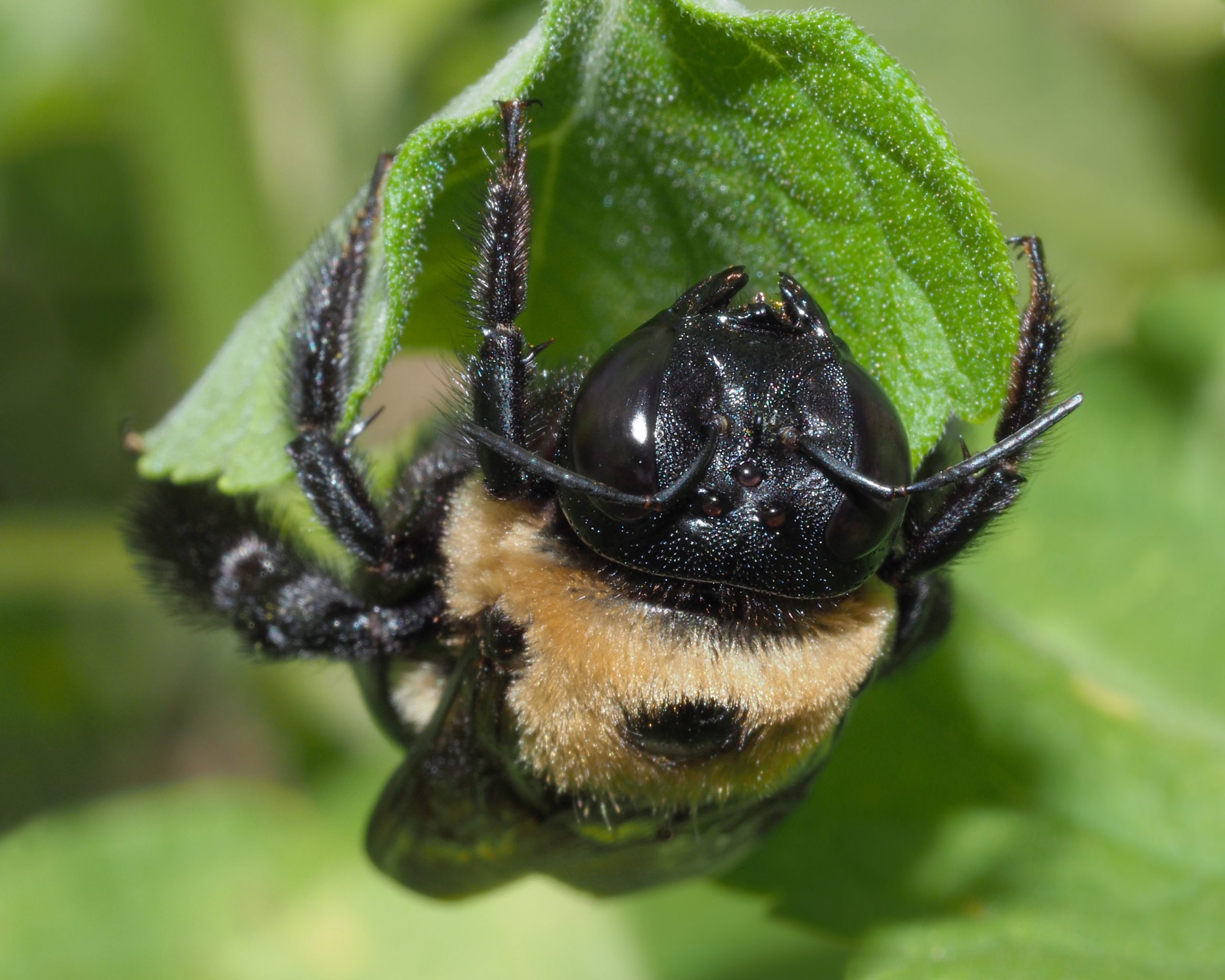Flowers Crucial Link Between Bacteria and Wild Bees
September 23, 2016
Bee Colony Collapse, Honey News, Honey, Honey Bees
The honeybee’s cousins are gaining more attention this week due to new research from the University of California Riverside. Wild bee species are quickly becoming more important to the pollination and honey-making process due to the growing increase in colony collapse disorder (CCD), which is negatively affecting millions of honeybees all over the world. Bearing marked similarities to honeybees, wild bees pollinate crops and are considered an “insurance policy,” according to entomologist Quinn McFrederick of UC Riverside.
The new research by Dr. McFrederick and his team, published by the journal Microbial Ecology, has found that bacteria from flowers are now linked to the crucial health of wild bees. For the first time, research is showing that multiple flower and wild bee species share several of the same types of bacteria, and this has led to the conclusion that bees obtain both food and bacteria from the flowers they pollinate. These strains of bacteria are crucial to the general health of all bee species.
Honeybees are currently used to meet almost all commercial pollination needs, which has led many to question the wisdom behind the gathering process. “We are putting all of our pollination needs in one basket,” said Dr. McFrederick, lead author of the paper. “What if this collapses?” Unlike honeybees, wild bees cannot be managed to pollinate a specific crop. “If we can’t meet our pollination needs with honeybees, we need to better understand wild bees.”
Dr. McFrederick and his team collected bees and flowers at two sites—one in Texas and one at the UC Riverside campus. Bee nests were simulated by drilling holes into wood and placing these nests in fields with wildflowers. At this point, the team then collected and analyzed the microbiomes of the bees’ guts and the pollen they were collecting. Their findings concluded that the presence of bee-associated bacteria in flowers suggests bacteria may be transmitted to flowers via plant surfaces, the air, or small insects.
These researchers decided that the bacteria shared by flowers and wild bees may ultimately be beneficial rather than harmful. Dr. McFrederick believes the bacteria are beneficial due to the presence of Lactobacillus bacteria, which was found on all the collected flower and bee samples. This specific strain of bacteria is believed to help preserve the nectar and pollen wild bees store in their nests as a food source for unhatched larvae and the entire hive for winter months.


.jpg)




